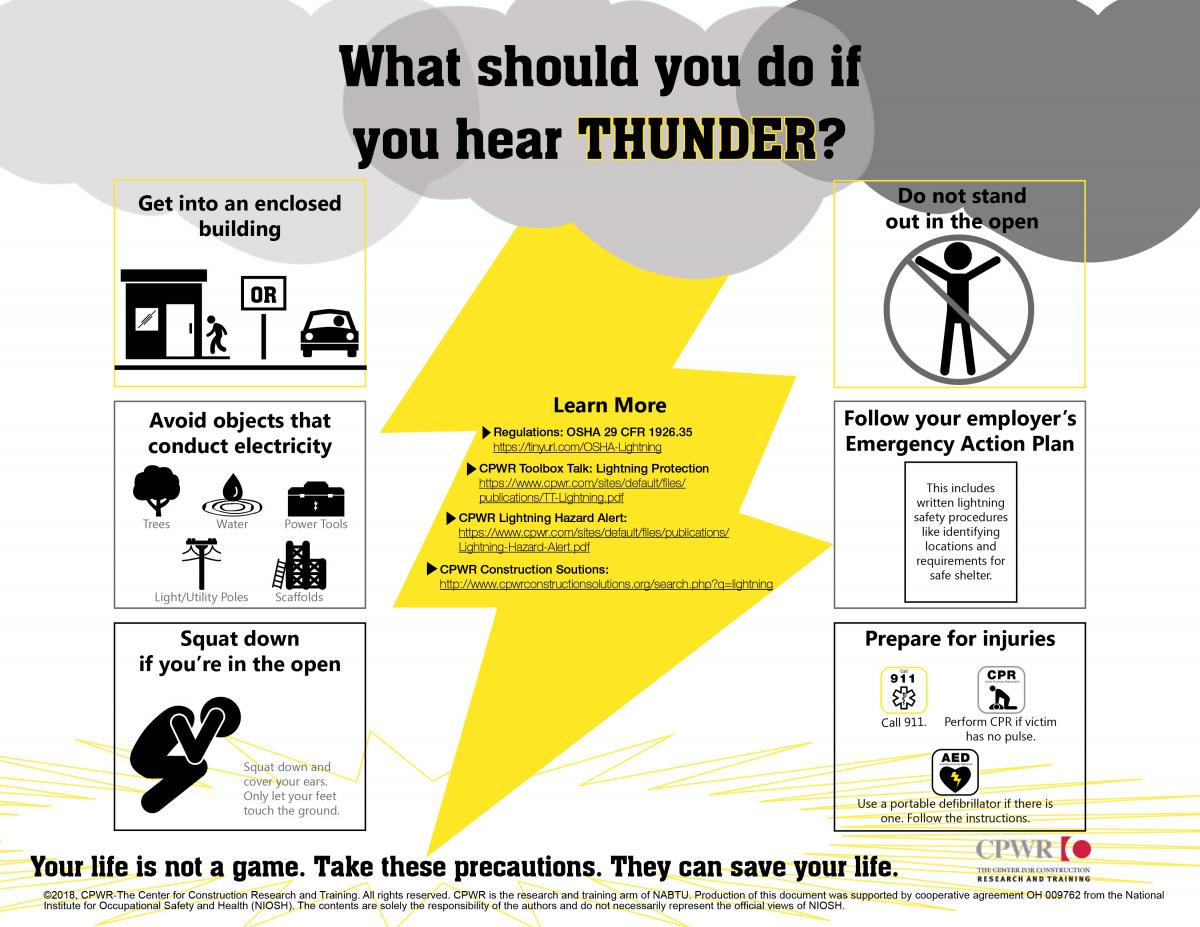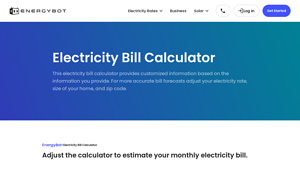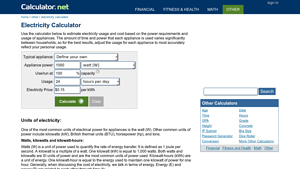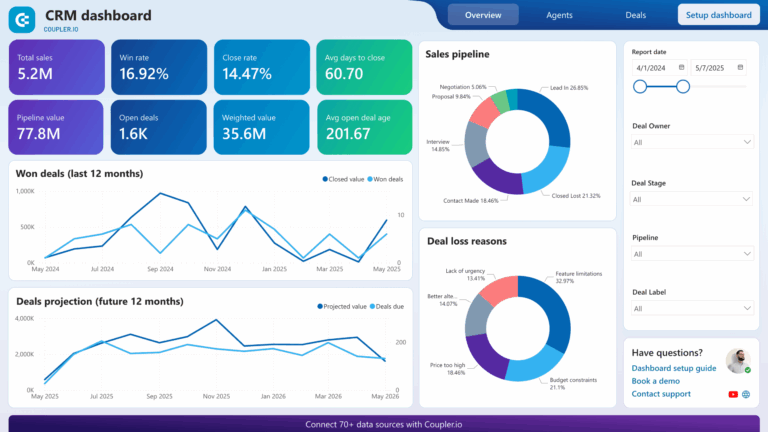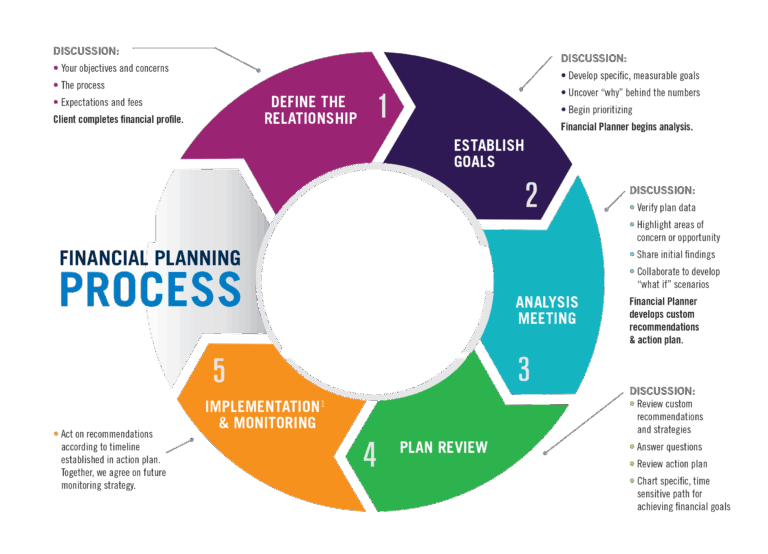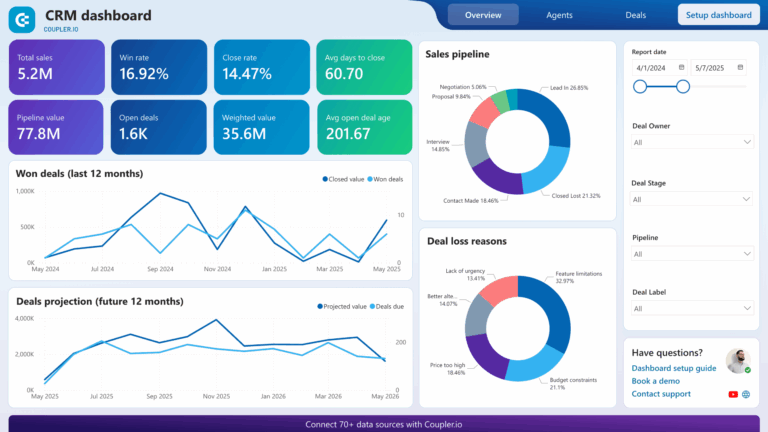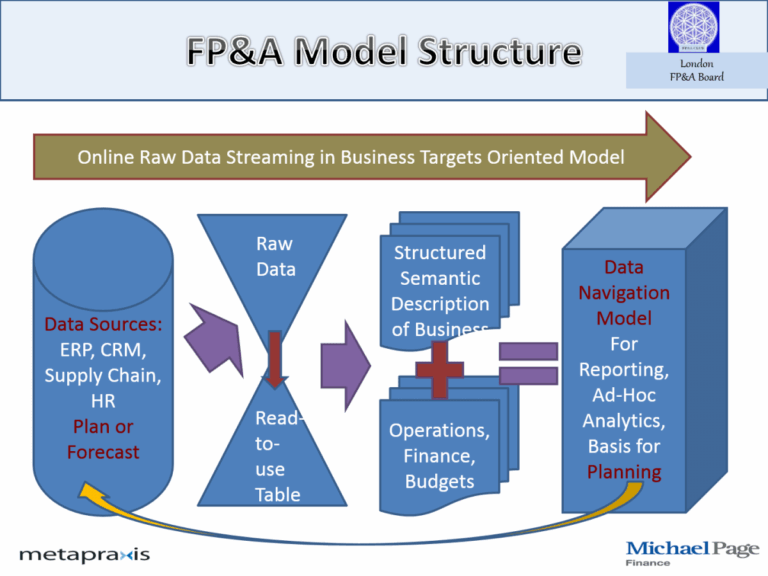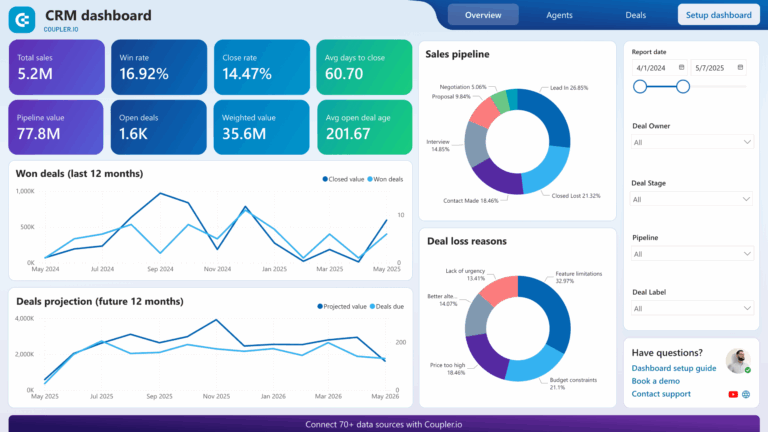Free Electricity Calculators: Our Top 5 Picks for 2025
Finding the Best Electricity Calculator: An Introduction
Finding the right electricity calculator can be a daunting task for many consumers. With countless options available online, each promising to provide precise estimates of energy consumption and costs, it can be overwhelming to determine which tools are genuinely reliable. Whether you’re looking to manage your monthly bills, assess the efficiency of your appliances, or plan for energy-saving measures, the effectiveness of these calculators can significantly impact your financial decisions and energy usage habits.
The goal of this article is to streamline your search by reviewing and ranking the best electricity calculators currently available online. By compiling a list of top tools, we aim to save you time and effort, allowing you to quickly identify which calculator suits your needs. We have meticulously evaluated various calculators based on several key criteria, including accuracy, ease of use, and the range of features offered.
Criteria for Ranking
-
Accuracy: We assessed how closely the calculators estimate actual energy consumption and costs based on user input and historical data.
-
Ease of Use: The user interface and overall experience were taken into account to ensure that even those with minimal technical knowledge can navigate the tools effortlessly.
-
Features: We looked for calculators that offer a variety of functionalities, such as customizable inputs for different appliances, the ability to adjust for specific energy rates, and additional resources for energy savings.
By focusing on these criteria, we hope to provide you with a comprehensive overview of the best electricity calculators available, empowering you to make informed decisions about your energy use and expenditures.
Our Criteria: How We Selected the Top Tools
Criteria for Selecting the Best Electricity Calculators
When compiling our list of the top electricity calculators, we focused on several essential criteria that help users effectively estimate their energy consumption and costs. Here are the key factors we considered:
-
Accuracy and Reliability
– The primary purpose of an electricity calculator is to provide accurate estimates. We evaluated tools based on their ability to deliver reliable calculations, ensuring that users can trust the results for budgeting and planning their energy expenses. -
Ease of Use
– User-friendly interfaces are crucial for calculators, especially for those who may not be tech-savvy. We assessed how intuitive each tool is, including the clarity of instructions, layout, and overall navigation. A calculator that is easy to understand and use encourages users to engage with it more frequently. -
Key Features
– A comprehensive calculator should offer various inputs to customize estimates effectively. We looked for tools that allow users to specify:- Appliance Types: The ability to select from a wide range of common household appliances (e.g., air conditioners, refrigerators, heating units).
- Power Requirements: Options to input wattage or kilowatt ratings for more precise calculations.
- Usage Patterns: Flexibility in defining usage time (e.g., hours per day, days per week) and energy habits (e.g., low, average, high consumption).
- Electricity Rates: A feature to input local electricity costs per kilowatt-hour (kWh) for tailored cost estimates.
-
Cost (Free vs. Paid)
– We considered whether the calculators were free to use or required payment. Many users prefer free tools, so we prioritized those that offer substantial functionality without cost. For paid options, we assessed the value provided in relation to the features and accuracy offered. -
Additional Resources and Support
– Tools that provide extra resources, such as energy-saving tips, FAQs, or customer support options, were given preference. These features enhance the user experience and offer valuable guidance on managing energy consumption more effectively. -
Mobile Compatibility
– In today’s digital landscape, it is essential for tools to be accessible on various devices. We evaluated each calculator for mobile compatibility, ensuring that users can access and use them conveniently on smartphones or tablets. -
User Reviews and Feedback
– Finally, we considered user reviews and feedback to gauge overall satisfaction and common issues. Tools that consistently receive positive feedback for performance and ease of use were favored in our selection process.
By focusing on these criteria, we aimed to identify electricity calculators that not only meet the needs of users but also empower them to make informed decisions regarding their energy consumption.
The Best Electricity Calculators of 2025
1. Electricity Bill Calculator
The Electricity Bill Calculator from EnergyBot is a user-friendly tool designed to help homeowners and businesses accurately estimate their electricity bills and usage. By inputting specific details about their consumption, users can quickly determine the costs associated with powering individual devices or appliances. This calculator not only simplifies the budgeting process but also aids in identifying potential energy savings.
- Website: energybot.com
- Established: Approx. 27 years (domain registered in 1998)
2. Electricity Calculator
The Electricity Calculator at Calculator.net is a free online tool designed to help users estimate their electricity consumption and associated costs. By inputting the power requirements and usage patterns of various appliances, users can gain insights into their energy usage, allowing for better budgeting and energy management. This user-friendly calculator is ideal for homeowners looking to understand and optimize their electricity expenses.
- Website: calculator.net
- Established: Approx. 27 years (domain registered in 1998)
How to Get the Most Accurate Results
Double-Check Your Inputs
To ensure that the results from your electricity calculator are as accurate as possible, start by carefully reviewing all the information you enter. Input errors, such as incorrect figures for appliance wattage or hours of usage, can significantly skew your results. Take the time to verify the wattage of your appliances, as this information is often available on the product’s label or in the user manual. Additionally, ensure that your time estimates for usage reflect your actual habits, whether you are calculating for a single day, week, or month.
Understand the Underlying Assumptions
Each electricity calculator may have specific assumptions built into its calculations. For example, some tools may assume average usage patterns or standard electricity rates that may not apply to your situation. Familiarize yourself with these assumptions to understand how they might affect your results. For instance, if a calculator bases its estimates on a typical household’s energy consumption, but your household has unique energy needs or habits, the final output may not accurately represent your usage.
Use Multiple Tools for Comparison
No single calculator can provide a one-size-fits-all solution. To get a more comprehensive view of your electricity costs or usage, consider using multiple calculators. Each tool may present a slightly different methodology, leading to variations in estimates. By comparing results from different calculators, you can identify trends and obtain a more rounded understanding of your electricity consumption. This approach also helps you to spot any outliers or inconsistencies, allowing you to make more informed decisions.
Keep Track of Your Historical Data
For the most accurate results, it’s beneficial to reference your past electricity bills and usage patterns. Many calculators allow you to enter historical data, which can improve the accuracy of your estimates. By analyzing previous bills, you can identify peak usage periods, seasonal variations, and the impact of specific appliances on your overall consumption. This historical context provides a better baseline for your calculations and helps you make adjustments for future energy-saving strategies.
Consider Seasonal Variations
Electricity usage can fluctuate significantly with the seasons due to heating and cooling needs. When using an electricity calculator, consider the time of year and how it may impact your consumption. For example, if you live in a region with hot summers, your air conditioning usage will likely increase, affecting your overall electricity bill. Adjust your input values based on seasonal trends to achieve more realistic estimates.
Review and Adjust Regularly
Finally, energy usage habits can change over time due to lifestyle changes, new appliances, or even family size. Regularly revisit your inputs and assumptions in the electricity calculator to ensure they reflect your current situation. Make it a habit to update your information annually or whenever significant changes occur, such as moving to a new home or purchasing new energy-intensive appliances. This proactive approach will help you maintain an accurate picture of your electricity usage and costs, ultimately enabling you to identify potential savings and efficiency improvements.
Frequently Asked Questions (FAQs)
1. What is an electricity calculator and how does it work?
An electricity calculator is an online tool designed to help users estimate their electricity usage and costs. By inputting details such as appliance wattage, usage patterns, and electricity rates, the calculator can provide an estimate of monthly bills or energy consumption. The calculations are based on formulas that relate power (in watts or kilowatts), time, and energy (in kilowatt-hours).
2. What information do I need to use an electricity calculator effectively?
To get the most accurate estimates from an electricity calculator, you’ll typically need the following information:
– The wattage or power consumption of each appliance.
– The average number of hours each appliance is used daily or weekly.
– Your local electricity rate (cost per kilowatt-hour).
– The size of your home and the number of occupants, if applicable, as these factors can influence overall energy consumption.
3. Can I use an electricity calculator to compare different energy plans?
Yes, many electricity calculators allow users to input their estimated usage to compare various energy plans and rates. By entering your expected monthly kWh usage, you can see how different providers’ rates will affect your overall bill. This can help you choose a plan that best suits your energy needs and budget.
4. Are electricity calculators accurate?
While electricity calculators provide useful estimates, their accuracy depends on the information you input. They are based on averages and general assumptions, so results can vary based on individual usage patterns, appliance efficiencies, and local conditions. For the most precise calculation, regularly monitor your actual energy consumption and adjust your inputs accordingly.
5. How can I reduce my electricity bills based on calculator results?
After using an electricity calculator, you may identify areas where you can save energy. Some tips include:
– Reducing usage of high-wattage appliances during peak hours.
– Switching to energy-efficient appliances and LED lighting.
– Implementing energy-saving habits, such as turning off devices when not in use and using programmable thermostats.
By applying these strategies, you can lower your overall electricity consumption and costs.
Important Disclaimer
⚠️ Important Disclaimer
The information and reviews in this guide are for educational purposes only and are based on publicly available information. We are not affiliated with any of the tools mentioned. Features and pricing may change. Always conduct your own research before choosing a tool for your needs.
